Don’t worry: I won’t tell you to stop biting your nails or to quit your late-night snacking compulsively. (Guilty as charged!) But let’s face it: our daily habits play a significant role in shaping our lives.
As Aristotle wisely put it:
“We are what we repeatedly do. Excellence, then, is not an act, but a habit.”
Our habits define us, and if we want to live a more fulfilling and successful life, we need to focus on cultivating positive habits and eliminating the negative ones. While some bad habits are glaringly obvious—like smoking, drinking, or excessive screen time—there are subtler, less apparent habits that can sneakily undermine our happiness and productivity. These are the habits that often go unnoticed but can have a profound impact on our overall well-being.
So, let know these less obvious yet equally detrimental habits.
14 Foolish Habits You Need to Quit
1. Procrastination
Procrastination is the thief of time, and it’s a habit that sneaks up on almost everyone. Whether you’re putting off a work task, delaying an important decision, or avoiding chores, procrastination creates unnecessary stress and anxiety. Over time, it reduces your productivity and affects your self-esteem. Procrastination can lead to a constant cycle of feeling overwhelmed, guilty, or frustrated, which only further perpetuates the habit. It often stems from fear of failure, perfectionism, or a lack of motivation, but the longer you wait, the harder it becomes to start.
Tip: Break tasks into smaller steps, set deadlines, and use productivity tools like the Pomodoro Technique to stay on track.
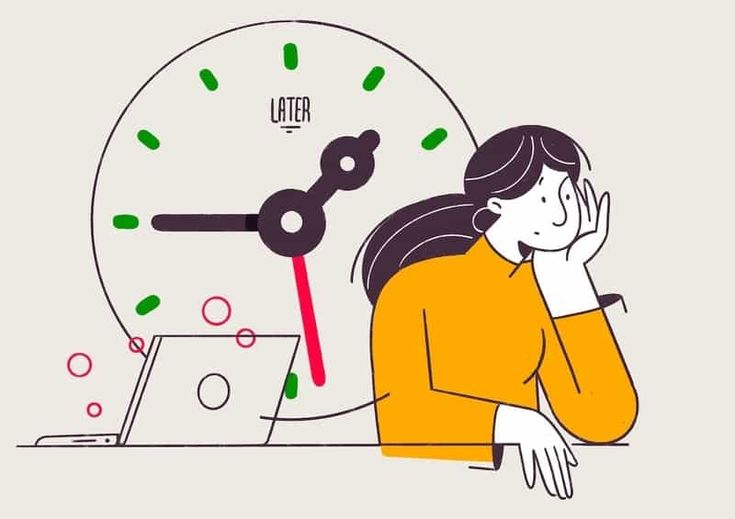
2. Living Beyond Your Means
Spending more than you earn is a recipe for disaster, not just financially but in many aspects of life. Credit cards, loans, and impulsive purchases might provide instant gratification, but they also come with long-term consequences like debt, stress, and a loss of control over your future choices. When you consistently live beyond your means, you find yourself trapped in a cycle of paying off yesterday’s expenses instead of saving for tomorrow’s opportunities. It can lead to anxiety, strained relationships, and limited financial freedom, making it difficult to enjoy life’s simple pleasures or pursue meaningful goals.
Tip: Create a budget, track your expenses, and focus on saving a portion of your income each month to build a more secure financial future.
3. Neglecting Your Health
Skipping workouts, ignoring regular health check-ups, and eating junk food regularly can lead to serious health problems down the road. Health isn’t something to take for granted; it requires constant effort and attention. Neglecting your health might seem inconsequential in the short term, but over time, it can lead to chronic illnesses, reduced energy levels, and a lower quality of life. Poor health habits not only affect your physical well-being but also your mental and emotional state, leading to increased stress, anxiety, and even depression. The longer you neglect your health, the harder it becomes to reclaim it, turning what could have been minor issues into major challenges.
Tip: Start with small changes like incorporating a 30-minute walk daily, choosing healthier meals, and scheduling regular doctor appointments to keep your health in check.

4. Comparing Yourself to Others
In the age of social media, it’s easy to fall into the trap of comparing your life to someone else’s highlight reel. This habit can lead to feelings of inadequacy, jealousy, and even depression. When you constantly measure your progress against others, you risk diminishing your self-worth and losing sight of your own achievements. Comparison often steals your joy and can create an endless cycle of wanting what others have, rather than appreciating what you already possess. It can prevent you from focusing on your unique strengths and goals, stunting your personal growth. Remember, everyone’s journey is unique, and comparison often steals your joy.
Tip: Focus on your progress and set personal goals that matter to you, rather than worrying about what others are doing.
5. Holding Grudges
Holding onto anger and resentment only harms you in the long run. It can cause stress, anxiety, and even physical health issues, like high blood pressure and weakened immunity. When you hold a grudge, you are essentially allowing someone else’s actions to take up valuable mental and emotional space in your life, often without them even knowing. It keeps you trapped in the past, reliving painful memories, and prevents you from experiencing the present fully. Grudges can strain relationships, breed negativity, and create a toxic mindset that hinders your personal growth and happiness. So learn the art of letting go. Because letting go of grudges allows you to heal and move forward, creating space for more positive experiences and relationships.
Tip: Practice forgiveness for your own peace of mind, even if you don’t forget the experience.
6. Living in the Past or Future
Constantly reminiscing about the past or worrying about the future takes away from your ability to enjoy the present moment. This habit can lead to anxiety, stress, and a sense of unfulfillment. When you’re preoccupied with what has already happened or what might happen, you miss out on the richness of the here and now. Dwelling on past mistakes or lost opportunities can create regret and dissatisfaction, while excessive worry about the future can lead to chronic stress and an inability to enjoy current experiences. This mindset often prevents you from fully engaging in and appreciating your present life.
Tip: Practice mindfulness techniques such as meditation or deep breathing to help anchor yourself in the present moment.
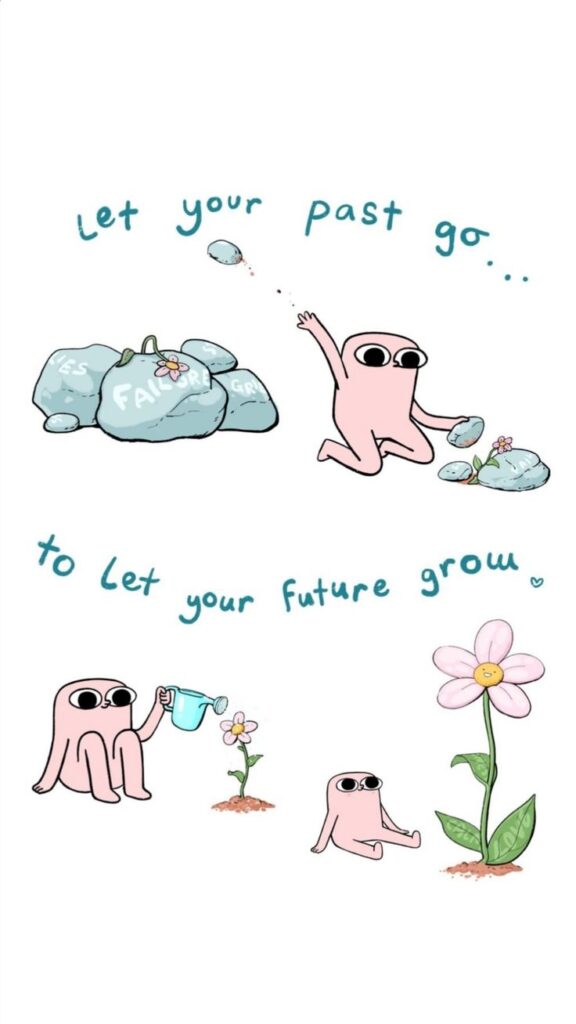
7. Avoiding Change
Change is a natural part of life, yet many people fear it. Staying in your comfort zone can feel safe, but it also prevents growth and new opportunities. Avoiding change can leave you feeling stuck and unsatisfied, as you may miss out on potential personal and professional advancements. The fear of the unknown often leads to stagnation, where you’re not only resisting growth but also potentially falling behind in a rapidly evolving world. Embracing change is crucial for development, as it allows you to adapt, learn, and seize new possibilities.
Tip: Embrace change as an opportunity for growth, and focus on the positive aspects it can bring into your life.
8. Overthinking Every Decision
Overthinking can lead to decision paralysis, where you’re so worried about making the wrong choice that you end up making no choice at all. This habit can cause anxiety and prevent you from moving forward in life. When you overanalyze every option and outcome, you may become trapped in a cycle of indecision, leading to missed opportunities and increased stress. The fear of making a mistake often overshadows the potential benefits of taking action, creating a barrier to progress and personal growth.
Tip: Limit the time you spend deliberating over decisions. Set a deadline, weigh the pros and cons, and trust your instincts.
9. Being a People-Pleaser
Constantly trying to please everyone is exhausting and unrealistic. This habit often leads to losing your sense of self, burnout, and feeling unappreciated. When you prioritize others’ needs and desires over your own, you may end up neglecting your well-being and personal goals. People-pleasing can cause you to overextend yourself, create unrealistic expectations, and result in constant stress as you attempt to meet everyone’s demands. In the end, you may feel unfulfilled and undervalued, as true appreciation often requires genuine connections rather than constant validation.
Tip: Set boundaries, prioritize your own needs, and understand that it’s okay if not everyone likes you.
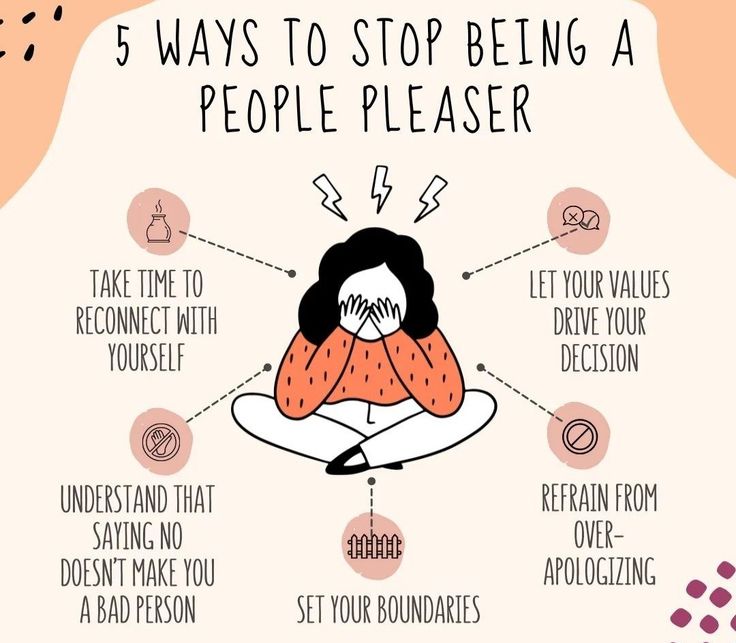
10. Neglecting Self-Care
Self-care isn’t just about pampering yourself; it’s about maintaining your physical, mental, and emotional well-being. Neglecting self-care can lead to burnout, stress, and reduced productivity. When you fail to prioritize self-care, you might find yourself running on empty, struggling with exhaustion, and feeling overwhelmed. This can impact every aspect of your life, from your job performance to your relationships, and can ultimately undermine your overall quality of life. Regular self-care helps to replenish your energy, improve your resilience, and maintain balance in your life.
Tip: Make time for activities that recharge you, whether it’s exercising, reading, or simply spending time with loved ones.
11. Constant Complaining
Complaining not only spreads negativity but also keeps you focused on what’s wrong rather than what could be improved. This habit prevents you from finding solutions and can impact your mood and those around you. When you focus on complaints, you’re less likely to take proactive steps to address issues and more likely to remain stuck in a cycle of dissatisfaction. Constant complaining can also create a negative atmosphere, affecting your relationships and the morale of those around you.
Tip: Practice gratitude by focusing on the positives in your life. When you find yourself complaining, shift your mindset to look for solutions instead.
12. Ignoring Your Finances
Not keeping track of your finances, avoiding budgeting, or neglecting to save for emergencies can lead to financial instability. This habit can cause unnecessary stress and limit your ability to achieve long-term financial goals. When you ignore your finances, you may find yourself struggling with debt, unexpected expenses, and a lack of financial security. This can create ongoing anxiety and hinder your ability to plan for the future, making it difficult to pursue your goals and dreams.
Tip: Start by creating a budget, tracking your spending, and setting aside money for savings and investments.
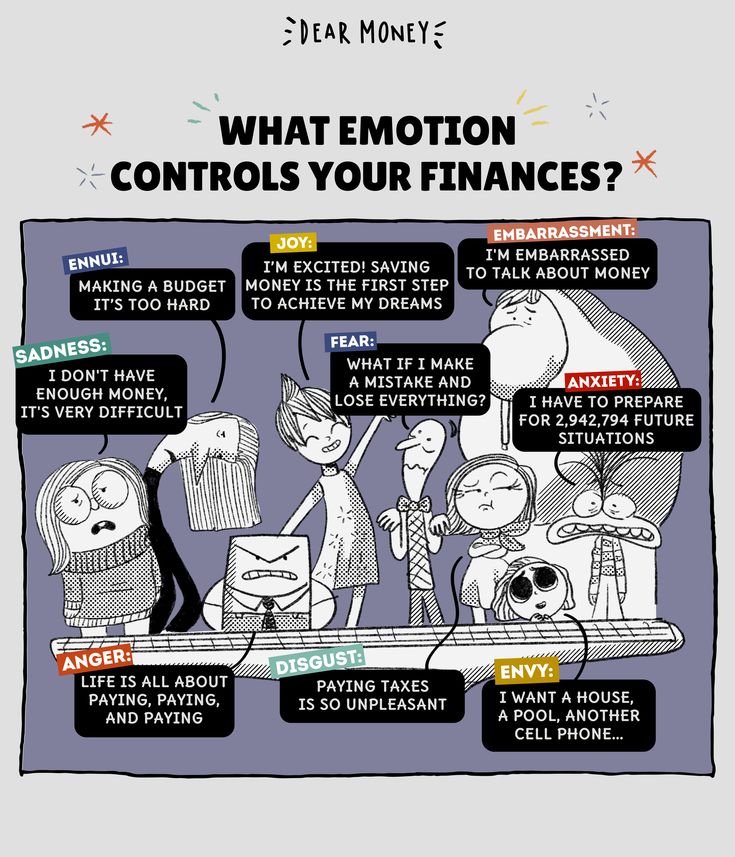
13. Not Taking Responsibility for Your Actions
Blaming others for your mistakes or circumstances is a habit that prevents personal growth. This mindset can hinder your ability to learn from your experiences and make meaningful improvements in your life. When you shift responsibility onto others, you avoid confronting your own role in situations and miss valuable opportunities for self-reflection and development. This can lead to repeated mistakes and a lack of progress, as you’re not addressing the root causes of issues or taking proactive steps to change them.
Tip: Practice self-reflection and be honest about your role in any situation. Apologize when necessary and make amends.
14. Consuming Too Much Negative Content
Constantly watching or reading negative news, engaging in gossip, or consuming content that doesn’t add value can affect your mood and mindset. Surrounding yourself with negativity can lead to anxiety, pessimism, and a skewed perception of the world. This habit can drain your energy and impact your overall mental well-being, making it difficult to stay positive and motivated. Excessive exposure to negative content often leads to increased stress and a diminished sense of control over your life.
Tip: Limit your exposure to negative content and choose to consume more positive, uplifting, and informative material.
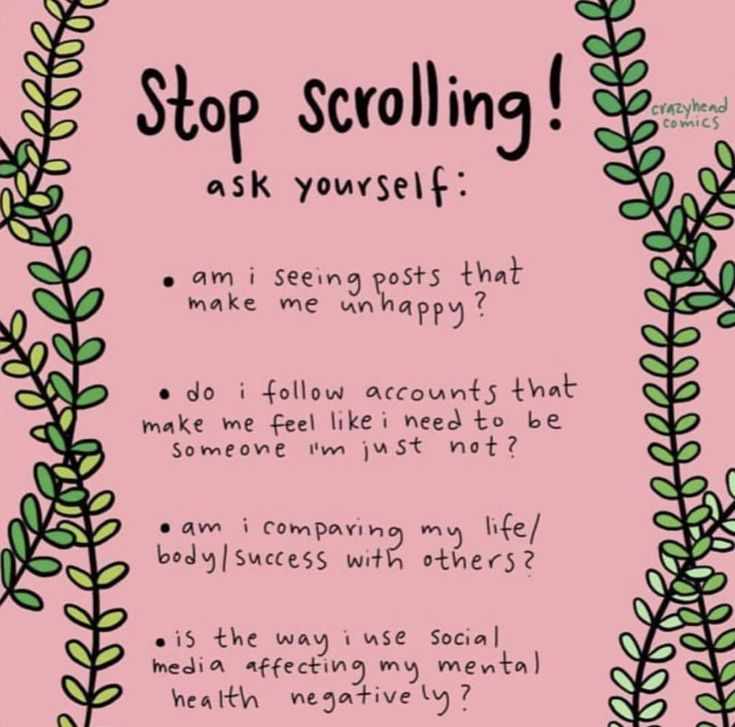
Conclusion
Popular belief states that it takes 21 days to break a habit, but experts argue in recent studies that “there’s no typical time frame for breaking a habit, and the right recipe is going to be a mix of personality, motivation, circumstances, and the habit in question.” Apparently, people who willingly want to break a habit for their own good can change their behavior faster than those that are only doing it due to pressure from others.
Old habits die hard, but don’t let the challenge discourage you. In the end, you’re doing this for yourself.
So which habit will you start working on today?





